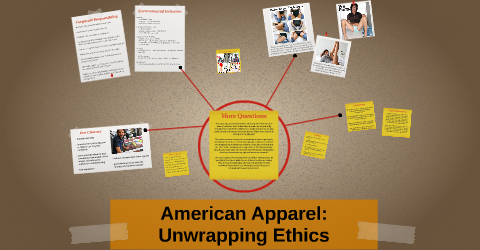Case Analysis – Standard Chartered Bank vs. Pakistan National Shipping Corporation

Case Analysis – Standard Chartered Bank vs. Pakistan National Shipping Corporation
Parties
Applicant (buyer): Vietranscimex
Beneficiary (seller): Oakprime Ltd.
Issuing Bank (buyer’s bank): Incombank
Confirming Bank (seller’s bank): Standard Chartered Bank, London (SCB)
Shipowner: Pakistan National Shipping Corporation (PNSC)
Flowchart
1- Buyer (Vietranscimex) and Seller (Oakprime) agrees on issuance of a letter of credit.
2- Buyer (Vietranscimex) goes to Issuing Bank (Incombank) and has the L/C issued.
3- Issuing Bank (Incombank) sends the L/C to the Confirming Bank (SCB).
4- Confirming Bank (SCB) sends L/C to the Seller (Oakprime).
5- Seller (Oakprime) ships the goods to the Buyer (Vietranscimex).
6- Seller (Oakprime) presents the documentation to the Confirming Bank (SCB).
7- Confirming Bank (SCB) makes payment to the Seller (Oakprime).
8- Confirming Bank (SCB) sends the documentation to the Issuing Bank (Incombank).
9- Issuing Bank (Incombank) reimburses the Confirming Bank (SCB). -In our case, the flow was cut here as Incombank refused to reimburse to SCB-
10- Buyer (Vietranscimex) sends the payment to the Issuing Bank (Incombank).
11- Issuing Bank (Incombank) sends the documentation to the Buyer (Vietranscimex).
12- Buyer (Vietranscimex) presents the documentation at the customs and claims the delivery.
Series of misbehaviours
In this case, there were a couple of parties who ‘‘misbehaved’’. Buyer and seller agreed on the shipment to be effected no later than 25 October 1993. The course of misapplications followed such agreement were as follows:
- Seller Oakprime failed to ship the good on the agreed date of 25 October 1993.
- Despite the lack of shipment, shipping agents and PNSC issued a fraudulent bill of lading by backdating it with 25 October 1993.
- Mr. Mehra, the managing director of Oakprime, signed a fraudulent cover letter and attached it to other documents submitted to the Confirming Bank, SCB. The cover letter confirmed the accuracy and sufficiency of the documentation for the payment processing.
- Certain other documents were submitted late by Oakprime and Mr. Mehra to SCB where some discrepancies were shown from the credit terms.
- Despite the late submission, and discrepancies in the documents, SCB proceeded with the payment to Oakprime.
So the parties who behaved badly here were Mr. Mehra (Oakprime), shipping agents, PNSC, and SCB.
Incombank’s response
Incombank was the most diligent (or maybe the only diligent) party in this case. Even though they weren’t aware of Mr. Mehra’s backdating of the bill of lading, or SCB’s backdating of the document submission, or SCB’s wilful ignorance of the discrepancies in the documents, they detected the discrepancies in the documents submitted, and rejected the reimbursement to SCB.
Why was SCB lucky?
The luckiest party in this case was SCB. They conducted negligently, ignored the late presentation of the documents, failed to detect the discrepancies in the papers although it was their responsibility. Despite all these, PNSC decided to pay US$1.7 million as final settlement to SCB. The case took 10 years, but at the end SCB settled with US$1.7 million as if they did their job perfectly and weren’t part of the misapplications (Willes & Willes, 2005).
References
Willes, J. H., & Willes, J. A. (2005). International Business Law: Environments and Transactions. Boston: Mcgraw-Hill/Irwin.





